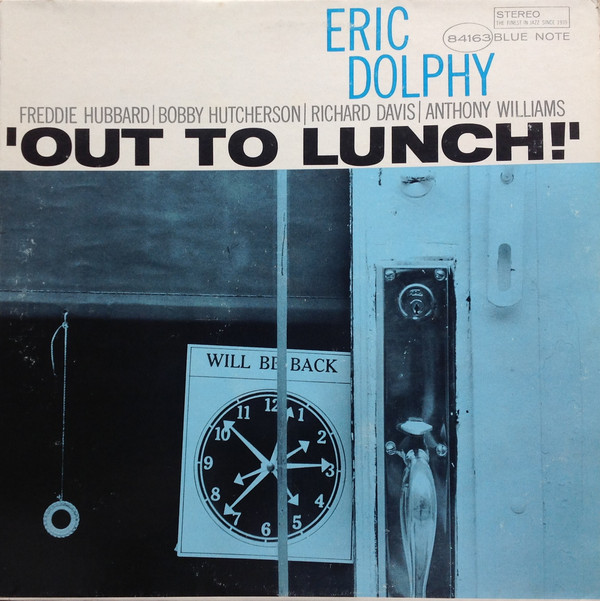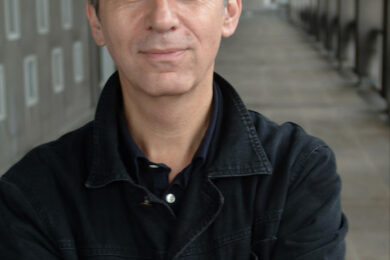4. Eric DolphyOut To Lunch!

I was also listening to free jazz as it was happening, in ’67 I think. There was a library in Brussels called La Discothèque Royale – everything is ‘royale’ you know, like in the movie – and then it became La Mediathèque Royale, with DVDs and now it’s become something else because nobody is interested in buying records. But they really had a huge collection and I would go after school and borrow the maximum allowed, which was like ten vinyls, take them home and listen and record them on reel-to-reel. So I started from the most extreme free jazz happening at that time, Albert Ayler, Coltrane, New York Art Quartet, Archie Shepp before he went back in time and became sort of post-bop. And then I gradually went back in time, in the previous ten years of jazz, and Eric Dolphy is at the junction, like the first period of free jazz if you can call it that. Coleman is the same – if you play an Ornette Coleman record to a young music fan today they wouldn’t necessarily see the difference with Charlie Parker, it’s the same type of beat maybe, but things happened that were really revolutionary. With the passing of time there’s a kind of squashing of everything.


